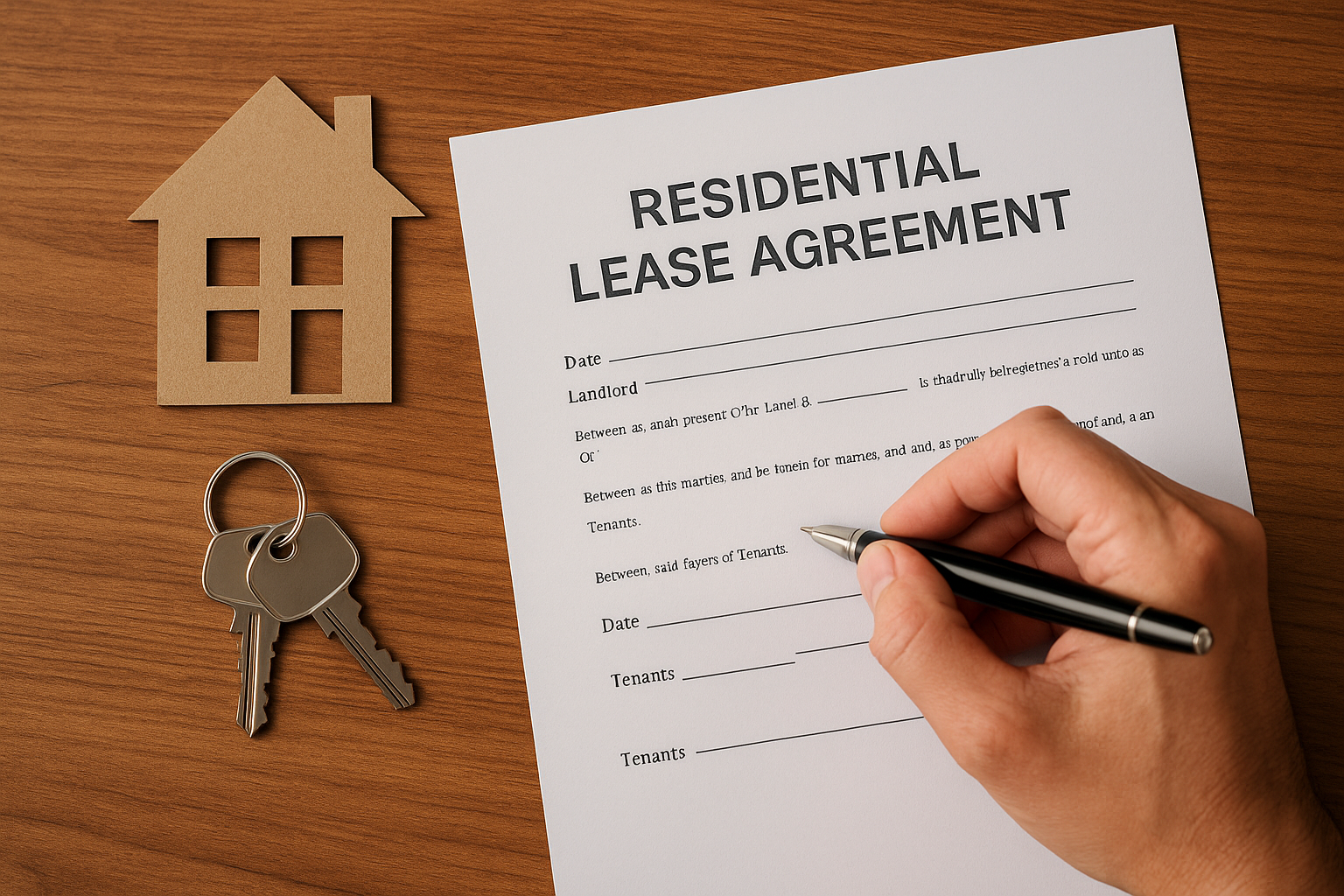Do You Really Need a 12-Month Lease for Portugal’s D7 and D8 Visas?
Applying for a D7 or D8 visa in Portugal comes with strict housing rules, and the biggest question applicants face is the lease requirement – do you really need to sign a 12-month rental contract before your visa is approved?
The short answer is yes, Portuguese consulates require proof of long-term accommodation. But there are details, workarounds, and exceptions that every applicant should understand before committing.
Why Do D7 and D8 Visa Applicants Need a Lease?
Portugal designed the D7 and D8 visas to attract long-term residents, not short-term visitors. Authorities want proof that you intend to establish real ties with the country. Housing is the most direct way to show commitment.
A 12-month lease acts as:
- Proof of accommodation for the visa application
- Evidence of stability – that you are serious about living in Portugal
- An official address, which you will later need for:
Without a valid lease or property deed, most applications are rejected.
Is a 12-Month Lease Always Mandatory?
In practice, yes. While some consulates may accept other forms of accommodation proof, the gold standard is a minimum 12-month rental agreement or property ownership.
Commonly Accepted Proofs of Address
- 12-month residential lease (standard requirement)
- Property deed if you bought a home in Portugal
- Official hosting declaration if staying with family/friends (signed at a notary or parish council, with proof of ownership/lease from the host)
Not Accepted
- Airbnb or Booking.com reservations
- Tourist-license rentals
- Hotel stays
The Main Challenge: Signing Before Approval
Here’s the problem most applicants face:
You are required to sign a 12-month lease before you know if your visa will be approved. This creates understandable hesitation, since committing to rent payments without certainty feels risky.
Unfortunately, the consulates don’t make exceptions. Applicants who try to submit short-term accommodation or promises of future leases always receive rejections.
Possible Solutions and Workarounds
1. Negotiate With Landlords
Some landlords familiar with expat applicants may allow flexibility, such as:
- Deferred rent payments until the visa is approved
- Refundable deposit structures
- Early termination clauses in case of visa refusal
Tip: Work with landlords in who frequently rent to international clients – they are more likely to understand the situation.
2. Use Relocation or Legal Services
Specialized relocation agencies or law firms (like ours) often maintain networks of landlords open to special arrangements for visa applicants. This helps minimize financial risk while still complying with consulate requirements.
3. Consider Buying Property
If you are financially ready, purchasing property solves the accommodation issue outright. Presenting a deed of ownership is equally valid and often viewed more favorably by authorities.
4. Hosting Declaration (Rare Cases)
If you have family or close friends in Portugal willing to host you, a formal hosting declaration can sometimes be accepted. This requires supporting documents from the host, and consulates scrutinize it more strictly.
Why Consulates Don’t Accept Short-Term Rentals
Many applicants ask: “Why not just show a 3-month Airbnb booking and sign a longer lease once I’m in Portugal?”
The answer: Portuguese immigration law requires evidence of long-term residence intentions. Short-term rentals are classified as temporary accommodation and do not prove integration. Authorities want to avoid situations where applicants arrive without stable housing.
Real-World Experiences
- Successful Applicant Example: An American D7 applicant in 2024 signed a 12-month lease in Lisbon with a clause allowing lease cancellation if the visa was denied. The landlord agreed to hold rent until approval. The consulate accepted the contract without issue.
- Rejected Applicant Example: A Canadian D8 applicant tried submitting a 6-month Airbnb rental contract with monthly extensions. The consulate rejected the file outright, citing “lack of sufficient housing evidence.”
Lesson: flexibility exists, but only when backed by a valid residential lease agreement.
Frequently Asked Questions (FAQ)
Do I really need a 12-month lease for the D7 or D8 visa?
Yes. Consulates require a lease or deed proving long-term residence. A 12-month lease is the safest and most widely accepted option.
Can I use an Airbnb contract for my visa application?
No. Short-term or tourist rentals are not accepted as proof of accommodation.
What happens if my visa is denied but I already signed a lease?
Unless you negotiated a special clause, you may remain financially responsible. Some landlords agree to defer payments or allow cancellations, but this must be arranged before signing.
Is property ownership accepted instead of a lease?
Yes. A property deed is valid proof of accommodation and often viewed positively.
Can family or friends host me instead of renting?
In rare cases, yes, if you provide a notarized hosting declaration plus proof of the host’s legal residence. However, most consulates prefer a lease or deed.
Final Word
For both D7 and D8 visa applicants, a 12-month lease is not just recommended – it is essentially required. While this can feel like a leap of faith before visa approval, it remains a cornerstone of the application process.
The best strategy is to work with landlords, agencies, or lawyers who understand the visa system and can secure a lease with flexible terms to reduce financial risk.

